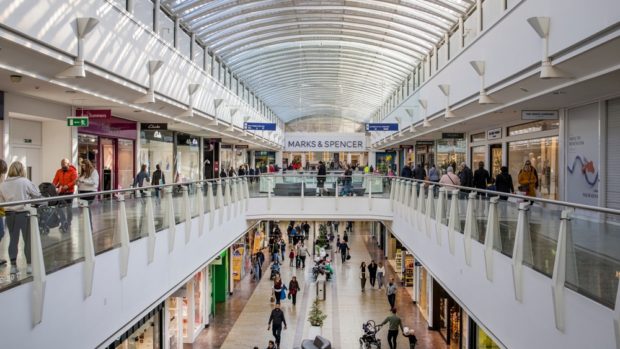
New analysis of the eCommerce landscape reveals the demise of traditional performance only marketing, as sophisticated brand building takes centre stage.
The report from Nest Commerce reveals that digital brand building described as ‘full funnel performance’ is the needed approach to build awareness and win customers across increasingly video-first platforms including Meta, Tik Tok and Google.
The Readout, is a quarterly trends and learnings report derived from aggregated advertising data from Nest’s portfolio of eCommerce clients. It uses global ad data from 40+ eCommerce brands, managing over £100 million of media spend.
According to Nest data, brands running awareness or traffic campaigns alongside performance campaigns saw a remarkable 31 per cent YoY (Return on Ad Spend (ROAS) boost in Q1 2024, compared to a 32 per cent YoY ROAS decline for brands which only leveraged performance.
While Meta performance on aggregate is higher YoY, the trend differs based on whether brands leverage upper funnel or not. 9 per cent of Meta spend is now going to upper-funnel Investment in awareness and traffic activity. This has increased YoY by 356 per cent and 30 per cent respectively, as brands shift budgets towards driving long-term growth and incrementality.
The verdict is clear: Full-funnel performance is a strategic necessity for winning digitally in 2024. The focus needs to be on long term investment in brand awareness to generate future demand among new customers alongside driving immediate sales. Performance only strategies that have dominated for the past 15-20 years are increasingly dormant.
A key driver for awareness building and establishing a brand in this new environment are the video-first platforms, TikTok and Instagram Reels. Tik Tok performed particularly well in Q1, with a 37 per cent higher CVR QoQ. It performs well for premium audiences as well as younger demographics, and is a particularly powerful platform for discovery.
Meanwhile Reels continues to rise in prominence as younger audiences spend more on the platform and Meta continues to invest, with spend up a remarkable 217 per cent YoY as the channel becomes mainstream.
While advertisers are currently enjoying lower CPMs on Meta compared to 2023, down 6 per cent, an economic recovery in the UK points towards a potential increase. Therefore brands need to act now to establish brand awareness in the market ahead of peak season, likely to be far more crowded and costly as the Summer approaches.
While media buyers in the UK have enjoyed the combination of improved performance on Meta and lower CPMs due to reduced competition, the buoyant American market is driving up advertiser aggression.
Following the pandemic, Meta CPMs saw significant year-on-year growth (30 per cent in 2021 and 32 per cent in 2022) as economic conditions improved. An increase is also likely with the backdrop of the UK economy recovering from a recession. Similarly analysis of the last US election reveals there was a dramatic 38 per cent increase in CPMs during Q4 2020 in the US.
According to Will Ashton, CEO of Nest: “There are some big opportunities out there for more progressive retailers, who take a community-first, full-funnel approach. Many brands initially reacted to the slowdown by cutting brand investment. These brands will be paying sorely for this mistake now. Unless brands expect prolonged economic stagnation, brand building right now is crucial, and this is a good time to invest while CPMs on Meta and TikTok remain low.”
He continued: “We are hearing feedback from the market that Meta is struggling – but this is not reflected in the data of this report. Our thesis is that we are in fact seeing a divergence between brands with the right and wrong approach to paid social, with performance-heavy brands suffering unsustainable acquisition costs. If you had a poor Q4, you can still fix things for this year. But you need to act now, waiting until late Q3 is too late.”








Share